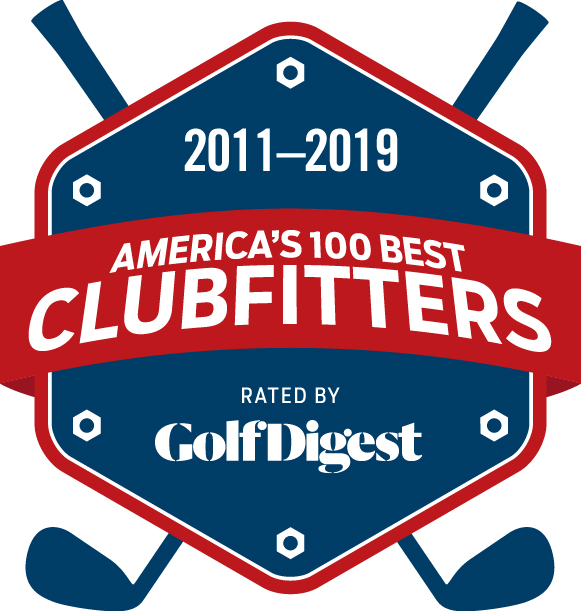Should You Play Forged Irons?
In the past several years, there has been a tremendous increase in the number of manufacturers that are making forged irons. Companies like Mizuno, Miura, Royal Collection (Japan) and Wilson have long been known for their quality, forged irons. Mizuno took its place on top of the PGA Tour with its forged irons in the 1990’s. Now Nike, Taylor Made, Callaway, Bridgestone, Cobra and even Ping are getting into the market. Several smaller companies, like Wishon Golf Technology and KZ Golf, have made an impressive suite of forged clubs for both the better players and mid level golfers. Before you decide to jump on the forged bandwagon, here are a couple of thoughts:
What is the difference between forged and cast technology? Golf clubs have been constructed with soft carbon steel since the early 1900’s. To actually forge a golf club, the steel was heated and pounded by hand to the rough shape of a golf club head. The head was then ground by hand and then polished or plated with nickel to improve the appearance. The resulting club head was much smaller than today’s club heads and much more difficult for the casual golfer to hit consistently. Good players liked the feel of the soft carbon steel and the way it grabbed the ball so they could “work” the ball with a fade or a draw.
Enter Karsten Ping. When Ping introduced the first cast club, it became a winner with casual golfers overnight. Cast club heads are produced by pouring liquid metal into a cast. Once the metal has cooled, the cast is broken away and the club head is finished by grinding away any rough edges. The molds allowed club head designers to move the weight of the club around the edges of the club to make the club more forgiving on off-center hits. Designers could also make thinner faces and larger club heads, all without changing the weight of the clubs dramatically. Remember, a forged five iron head will weigh the same as a cast five iron head! The only difference in the finished weight of the club is the additional weight of the shaft and grip. So, cast clubs became very popular because they were more forgiving. In addition, since they were less expensive to manufacture, prices began dropping dramatically.
Are today’s forged clubs easier to hit? Yes and no. Mizuno, TaylorMade and even Miura have introduced larger, cavity backed forged clubs with larger sweet spots and more perimeter and sole weighting. The result is a club head that has the same great soft feel with more forgiveness. This has been accomplished with new, high pressure forging presses than can forge the clubs to almost the same design specs as a cast club. The true “players club” is still the blade or muscle back design rather than cavity back. Think of the sweet spot on a blade as the size of a dime and the size of a quarter on a cavity back. The new forged cavity back clubs truly are easier to hit than blades but not as forgiving as a mid-sized cast club.
Should you play forged irons? If you are consistently breaking 90 and you are serious about improving your level of play you should consider moving to forged irons. With the forgiveness of the new cavity back forged irons you will not suffer the dramatic loss of distance and accuracy you get from a miss-hit with a forged blade. The smaller sweet spot, however, will force you to produce a more consistent swing. And finally, there is the feel of forged. You will never forget the first time you hit an absolutely pure shot with a forged club. It is like the softest, smoothest feeling in the world.
So, how do you get started? As with any golf club, the most important part is the shaft. First, make sure that you are professionally fit to the correct length, weight, and flex in your shaft. Then, make sure that the clubs are built to your exact specifications. The wrong shaft will make your experience with forged irons less than pleasant because the shaft will not allow you to find the sweet spot on the club consistently. At D’Lance Golf Performance Center, we specialize in custom fitting AND custom building. The True Temper Shaft Lab, Mizuno Shaft Optimizer and our high-speed camera system allows us to determine your optimum swing flex to within a tenth of a flex. We then build your clubs to that exact specification. If your shafts are not matched to within two to three tenths of a flex, you will see dramatic changes in shot dispersion and consistency. So, don’t guess at your flex. Call D’Lance Golf today to schedule your forged club fitting with the great selection from Mizuno, Miura, Royal Collection, TaylorMade, Ping and Alpha.
